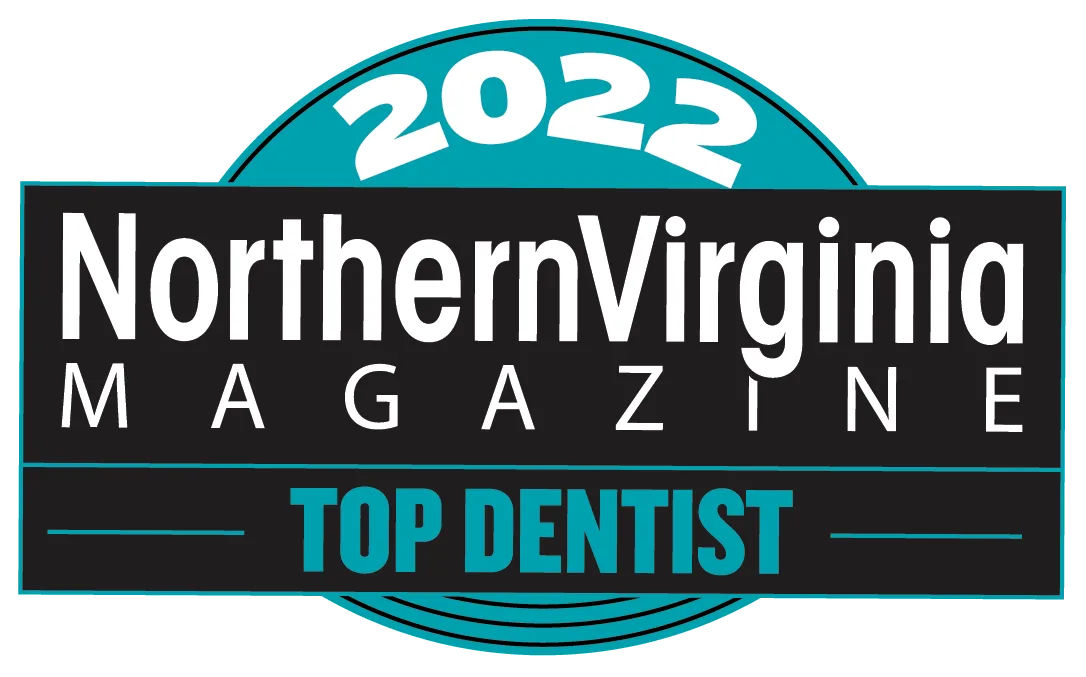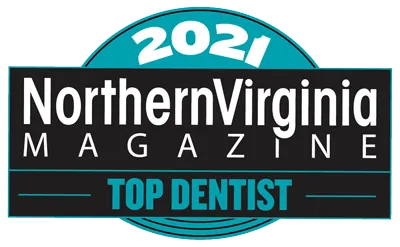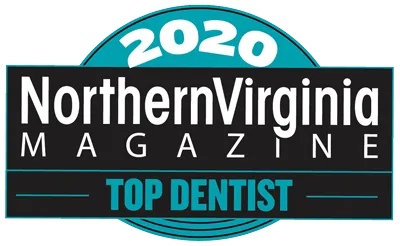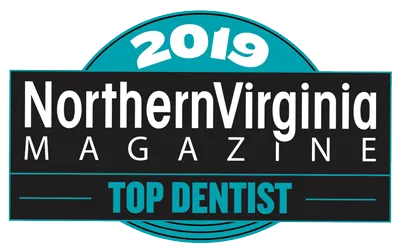The Food and Drug Administration classifies mouth rinses into two categories - therapeutic and cosmetic. In general, therapeutic rinses with fluoride have been shown to actually fight cavities, plaque and gingivitis. On the other hand, cosmetic rinses merely treat breath odor, reduce bacteria and/or
Read moreArticles
-
Mouth Rinses
Category: Tooth Care
-
Nutrition
Category: Prevention
All dentists believe that people can prevent two of the most common diseases today - tooth decay and periodontal disease - simply by improving their diet. Decay results when the hard tissues are destroyed by acid products from bacteria. Although poor nutrition does not directly cause periodontal disease,
Read more -
Nutrition and Your Teeth
Category: Tooth Care
It has long been known that good nutrition and a well-balanced diet is one of the best defenses for your oral health. Providing your body with the right amounts of vitamins and minerals helps your teeth and gums—as well as your immune system—stay strong and ward off infection, decay and disease. Harmful
Read more -
Nutrition and Your Teeth
Category: Tooth Care
It has long been known that good nutrition and a well-balanced diet is one of the best defenses for your oral health. Providing your body with the right amounts of vitamins and minerals helps your teeth and gums—as well as your immune system—stay strong and ward off infection, decay and disease. Harmful
Read more -
Old and Unsightly Fillings
Category: Treatment, Cosmetic Dentistry
Newer kinds of fillings made from composite resins and porcelain can restore unsightly fillings; many people are surprised how natural these kinds of filling materials can make a tooth once covered by the old-fashioned silver amalgams.
Read more -
Old and Unsightly Fillings
Category: Treatment, Cosmetic Dentistry
Newer kinds of fillings made from composite resins and porcelain can restore unsightly fillings; many people are surprised how natural these kinds of filling materials can make a tooth once covered by the old-fashioned silver amalgams.
Read more -
Oral Cancer
Category: Dental Problems
Oral cancer is one of the most common cancers today and has one of the lowest survival rates, with thousands of new cases being reported each year. Fewer than half of all people diagnosed with oral cancer are ever cured. Moreover, people with many forms of cancer can develop complications—some of
Read more -
Oral Cancer
Category: Dental Problems
Oral cancer is one of the most common cancers today and has one of the lowest survival rates, with thousands of new cases being reported each year. Fewer than half of all people diagnosed with oral cancer are ever cured. Moreover, people with many forms of cancer can develop complications—some of
Read more -
Oral Health Products
Category: Product Reviews
Visit any pharmacy or the health and beauty section of a supermarket today, and you are faced with a large, and many say confusing, array of over-the-counter remedies and devices designed to help you tend to your hygiene and health-care needs. There are many high-quality products on the market today.
Read more -
Oral Health Products
Category: Product Reviews
Visit any pharmacy or the health and beauty section of a supermarket today, and you are faced with a large, and many say confusing, array of over-the-counter remedies and devices designed to help you tend to your hygiene and health-care needs. There are many high-quality products on the market today.
Read more -
Oral Piercing
Category: Oral Health Topics
Oral piercings (usually in the tongue or around the lips) have quickly become a popular trend in today’s society. With this popular trend, it is important to realize that sometimes even precautions taken during the installation of the piercing jewelry are not enough to stave off harmful, long-term
Read more -
Oral Piercing
Category: Oral Health Topics
Oral piercings (usually in the tongue or around the lips) have quickly become a popular trend in today’s society. With this popular trend, it is important to realize that sometimes even precautions taken during the installation of the piercing jewelry are not enough to stave off harmful, long-term
Read more -
Overview
Category: Pain Management
Pain can occur in any number of places in your mouth: teeth, gums, roots, the palate, tongue and jaw. Cavities are a common culprit causing pain. Untreated cavities can impact nerves because of infections of the tooth and gums. Impacted and abscessed teeth and sore jaws from teeth grinding are other
Read more -
Overview
Category: Pain Management
Pain can occur in any number of places in your mouth: teeth, gums, roots, the palate, tongue and jaw. Cavities are a common culprit causing pain. Untreated cavities can impact nerves because of infections of the tooth and gums. Impacted and abscessed teeth and sore jaws from teeth grinding are other
Read more -
Periodontal Exams
Category: Tooth Care
Periodontal exams are vital in the maintenance of your oral health as they are used to assess the health of your gums and teeth. They can help your dentist diagnose gum diseases, gingivitis and periodontitis. These exams can also reveal receding gums, exposed roots, tooth grinding and other problems,
Read more -
Plaque
Category: Dental Problems
Plaque is a film of bacteria that forms on your teeth and gums after eating foods that produce acids. These foods may include carbohydrates (starches and sugars), such as candy and cookies, and starchy foods such as bread, crackers, and cereal. Tooth decay, commonly known as cavities, occurs when
Read more






